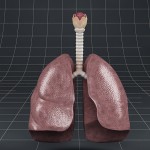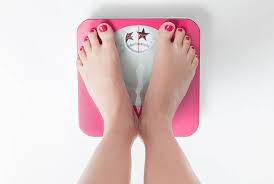Download Food Intake Record

Records and journals have been demonstrated to be the number one most beneficial tool to promote behavior change. Completing a personal food record can be valuable in helping understand the difficulties and challenges of obtaining information about a client’s nutrition intake.
Food Record Instructions:
Your food record will help you be aware of portion sizes and types of food you eat as well as certain patterns of eating that might be of interest. It is very important to follow these guidelines:
- Don’t change your eating habits while keeping your food record.
- Tell the truth. Record what you really eat.
- Record at least 2-3 days of dietary intake (7 or more is better). Include at least 1 weekend day.
Basic rules to remember:
- Write down EVERYTHING! Keep your form with you all day long and write down everything you eat and drink. A piece of candy, a handful of pretzels, a bottle of soda or a small donut may not seem like much, but these calories can add up!
- Do it now! Don’t depend on your memory at the end of the day. Record your eating as you go.
- Be specific. Make sure you include ‘extras,’ such as gravy on your meat, cheese on your sandwich or vegetables, butter, and salad dressings. Check information on labels for specifics.
- Estimate amounts. If you have a bowl of cereal, try measuring out or estimate the actual amount (rather than writing ‘bowl’ of cereal). If you eat out, just estimate as closely as possible (or write down the number of servings you had).
- Write legibly. Food records that can’t be deciphered are of little help.
Time:
Write the time of day you ate or drank the item. (i.e. 8:30 a.m.) Also, it is helpful if you note the following: B—breakfast, L—lunch, D—dinner, S—snack.
What Kind:
Record the type of food you ate. Be as specific as possible. Include sauces, gravies, and any ‘extras’ such as soda, salad dressing, mayonnaise, butter, sour cream, sugar and ketchup. Don’t forget to include the milk you add to your cereal. Designate if an item is ‘reduced fat,’ ‘low fat’ or ‘sugar-free.’
How Much:
Indicate the amount of the particular food or beverage you ate or drank. Estimate the size (2” x 1” x 1”), the volume (1/2 cup), the weight (2 oz) and/or the number of items (12) of that type of food. If you can, measure the portion with measuring utensils. You may also use the National Heart, Lung and Blood Institute’s pocket guide to estimating portion sizes.
Where:
Write what room or part of the house you were in when you ate. If you ate in a restaurant, fast-food chain or your car, write that location down.
Calculate Calories, Carbs & Protein:
If possible try to figure out how many calories and how much carbs and protein you may be eating. Use food labels or other references for this purpose. Note that one ounce of meat, fish, poultry and cheese contains about 7 grams of protein.










